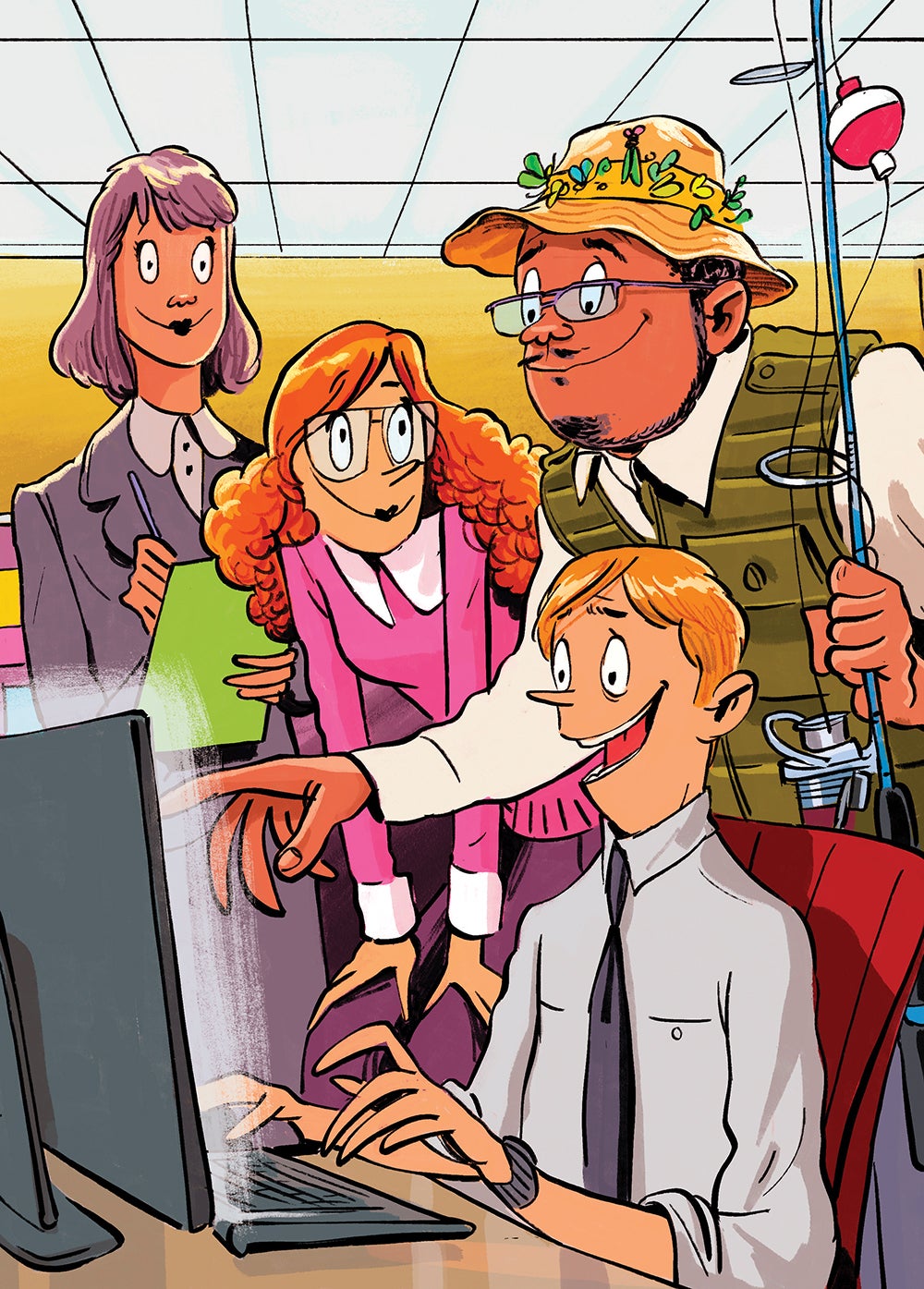Younger Generations Want to Retire By 60. Their Strategy Is a Win-Win for Everyone. This retirement trend is becoming a non-negotiable for Gen X, millennials and Gen Z. The good news is that it benefits both workers and employers.
By Frances Dodds Edited by Frances Dodds
This story appears in the July 2024 issue of BIZ Experiences. Subscribe »
Connie Goodnight runs human resources at Tank Connection, a rural Kansas company that makes liquid and dry bulk storage tanks. Five years ago, their head project manager made an unusual request: She was looking at early retirement, and wondered if she could reduce her hours gradually, instead of calling it quits on a set date. At first, Goodnight wasn't sure it was feasible. "We employ about 350 people, and like most companies in our size range, we're very cost-conscious," she says. "So it was a question: Can we really do this?"
Today, they have their answer: Yes, happily. Tank Connection has since worked with over 10 employees on a phased retirement plan, and Goodnight plans to jump on the bandwagon herself within the next year.
Related: This Is the Key to the Retiree Lifestyle You Want — and the Income You Need

Arrangements like this — known as either "phased retirement" or "flextirement" — aren't exactly new. AARP has been talking about it for more than a decade, and federal government agencies officially started offering a version of it in 2014. But that talk has accelerated in recent years. Principal Financial Group, which partners with over 130,000 employers, says it's seeing a significant uptick in conversations around the subject — and according to its survey data, 11% of small businesses regularly offer phased-retirement programs, and nearly one-quarter of large businesses do.
What's driving the shift? It's generational, says Amy Friedrich, Principal Financial's president of benefits and protection. Its survey data shows that while the majority of baby boomers still plan on a hard-stop retirement, 67% of Gen Xers now say they want to reduce their hours incrementally. "I hear a lot of people talking about their 'next phase,'" Friedrich says. "They want some stability as they begin to investigate what that looks like. Economic stability, yes, but it's also about purpose and identity."
Also, company leaders see the benefit of phasing out their senior employees. Companies get to keep their experienced staff longer, which helps them train and transition younger workers.
"It was a leap of faith initially, but it really is cost-effective," Goodnight says. She lays out a scenario: If you hire two new project managers, it could take months to get them up to speed. But if you allow a seasoned project manager to phase out their retirement, they can accomplish more in less time — while giving them longer to train replacements. "You can actually put a calculator to it and say, 'This is how much more effective this employee is because they had extra time to learn [from their predecessor],'" she says.
Related: Here's One Thing Americans Would Take a Pay Cut For — Besides Remote Work
Friedrich says there's no one-size-fits-all model for phased retirement, but if you're considering it, there are certain questions to start with, like: When does someone lose access to benefits? Under 30 hours a week? What about the 401(k) program? "I've seen that the best business owners design their program by looking at their workforce," Friedrich says. "If they know 20% of their workforce might be interested in phased retirement in the next three years, they'll probably make some changes to their underlying plan designs that allow for savings to be different."
Friedrich thinks employers would be wise to think about this sooner than later, because the next generations plan to retire even earlier. "In our data, Gen Xers say they want to retire at 64, Millennials at 59, and Gen Z at 55," she says. "If we don't begin to make phased retirement more of a priority, we run the risk of losing productivity and engagement in the economy. People are telling us how they want to work, and we need to take that seriously."












